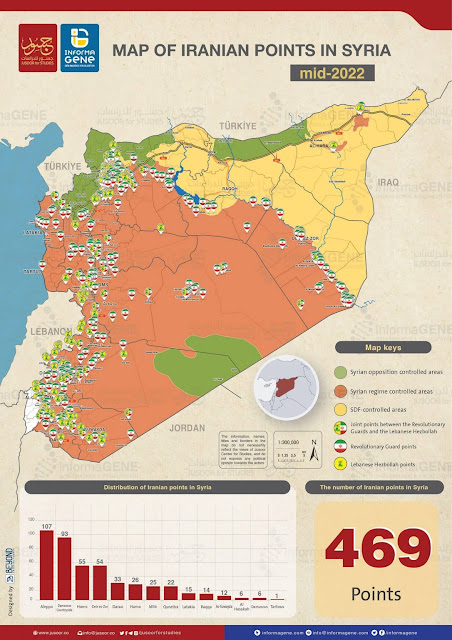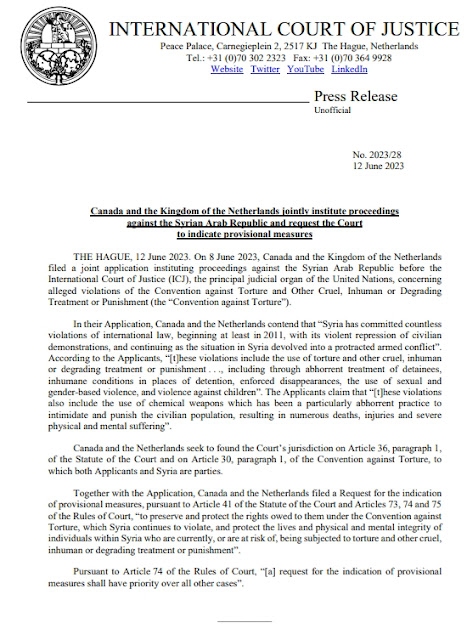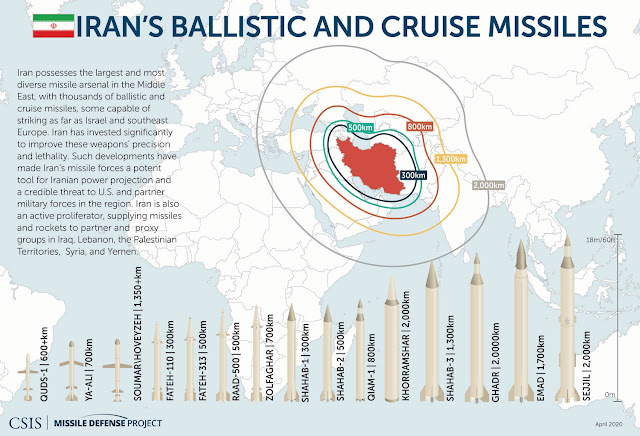Fact sheet: United Nations Has Key Role in Promoting Democracy, U.S. Says
Democratic nations should help United Nations live up to founding principles
The United States wants the United Nations to assume a more important role in the promotion of democracy around the world and it sees the U.N. Democracy Fund as a way to achieve that goal.
A State Department fact sheet issued September 9 says the United States believes that democratic countries should work together more closely “in order to help the United Nations live up to its founding principles.” The Democracy Caucus at the United Nations is a vehicle for democratic countries to advance the United Nations’ work on rule-of-law issues and human-rights matters as well as the pursuit of good governance.
The United States also supports U.N. Secretary-General Kofi Annan’s initiative to replace the existing Commission on Human Rights with a proactive Human Rights Council. (See related article.)
The new council would not include member states with a record of human-rights abuse. The new council would also have the advantage of meeting throughout the year to address grave issues instead of being confined to a brief, six-week stint as the commission has been.
For more information see The United Nations at 60.
Following is the text of the State Department’s fact sheet:
(begin fact sheet)
Fact SheetU.S. Department of State
Bureau of International Organization Affairs
September 9, 2005
KEY U.S. INITIATIVES AT THE UNITED NATIONS:
Democracy Fund, Democracy Caucus,and Human Rights Council
UN Democracy Fund
Following President's Bush call to the UN General Assembly to establish a fund to assist nations seeking to transition to democracy or strengthen their democratic institutions, UN Secretary General Annan created the UN Democracy Fund on July 4, 2005. The UN Democracy Fund will provide grants to non-governmental organizations, states, and international organizations to carry out democratization projects, particularly those that help develop civil society and democratic institutions. The Fund will supplement and help increase overall coordination of UN democracy efforts and generate greater interest and commitment toward funding and implementation.
The UN Democracy Fund highlights the President's conviction that the UN must play an important role in promoting democracy, and the creation of the UN Democracy Fund is a key step toward achieving that goal. As described by the President at the 2004 UN General Assembly, the UN Democracy Fund "would help countries lay the foundations of democracy by instituting the rule of law, independent courts, a free press, political parties, and trade unions." Numerous UN member states have expressed support for the Fund, notably India as a key partner and financial supporter along with the U.S.
Democracy Caucus
Democratic nations share a common commitment to promote human rights and fundamental freedoms. The United States believes that democratic nations must work more closely together in order to help the United Nations live up to its founding principles. The Democracy Caucus at the United Nations -- a network of democratic nations working together -- advances the work of the UN in areas such as human rights, good governance, and the rule of law.
The Democracy Caucus does not supplant longstanding regional or other groupings, but rather provides an added mechanism for like-minded democratic nations to cooperate. Countries use the Caucus as a supplementary network to cooperate on resolutions, on such areas as promoting democratic transitions, rule of law, and corruption-free societies.
Human Rights Council
We support the Secretary-General's initiative to replace the Commission on Human Rights with an action-oriented Human Rights Council, whose membership should not include states with a record of abuse. The current Commission's lack of credibility, where human-rights abusers sit in judgment of democratic countries, is widely acknowledged. The new Council's mandate would be to address human rights emergencies and the most egregious human rights abuses, to provide technical assistance, and to promote human rights as a global priority. The new Council would meet through the year, unlike the current six-week Commission, in order to be able to respond in a timely manner to emerging or grave situations.
(end fact sheet)
(Distributed by the Bureau of International Information Programs, U.S. Department of State. Web site: http://usinfo.state.gov)
Democratic nations should help United Nations live up to founding principles
The United States wants the United Nations to assume a more important role in the promotion of democracy around the world and it sees the U.N. Democracy Fund as a way to achieve that goal.
A State Department fact sheet issued September 9 says the United States believes that democratic countries should work together more closely “in order to help the United Nations live up to its founding principles.” The Democracy Caucus at the United Nations is a vehicle for democratic countries to advance the United Nations’ work on rule-of-law issues and human-rights matters as well as the pursuit of good governance.
The United States also supports U.N. Secretary-General Kofi Annan’s initiative to replace the existing Commission on Human Rights with a proactive Human Rights Council. (See related article.)
The new council would not include member states with a record of human-rights abuse. The new council would also have the advantage of meeting throughout the year to address grave issues instead of being confined to a brief, six-week stint as the commission has been.
For more information see The United Nations at 60.
Following is the text of the State Department’s fact sheet:
(begin fact sheet)
Fact SheetU.S. Department of State
Bureau of International Organization Affairs
September 9, 2005
KEY U.S. INITIATIVES AT THE UNITED NATIONS:
Democracy Fund, Democracy Caucus,and Human Rights Council
UN Democracy Fund
Following President's Bush call to the UN General Assembly to establish a fund to assist nations seeking to transition to democracy or strengthen their democratic institutions, UN Secretary General Annan created the UN Democracy Fund on July 4, 2005. The UN Democracy Fund will provide grants to non-governmental organizations, states, and international organizations to carry out democratization projects, particularly those that help develop civil society and democratic institutions. The Fund will supplement and help increase overall coordination of UN democracy efforts and generate greater interest and commitment toward funding and implementation.
The UN Democracy Fund highlights the President's conviction that the UN must play an important role in promoting democracy, and the creation of the UN Democracy Fund is a key step toward achieving that goal. As described by the President at the 2004 UN General Assembly, the UN Democracy Fund "would help countries lay the foundations of democracy by instituting the rule of law, independent courts, a free press, political parties, and trade unions." Numerous UN member states have expressed support for the Fund, notably India as a key partner and financial supporter along with the U.S.
Democracy Caucus
Democratic nations share a common commitment to promote human rights and fundamental freedoms. The United States believes that democratic nations must work more closely together in order to help the United Nations live up to its founding principles. The Democracy Caucus at the United Nations -- a network of democratic nations working together -- advances the work of the UN in areas such as human rights, good governance, and the rule of law.
The Democracy Caucus does not supplant longstanding regional or other groupings, but rather provides an added mechanism for like-minded democratic nations to cooperate. Countries use the Caucus as a supplementary network to cooperate on resolutions, on such areas as promoting democratic transitions, rule of law, and corruption-free societies.
Human Rights Council
We support the Secretary-General's initiative to replace the Commission on Human Rights with an action-oriented Human Rights Council, whose membership should not include states with a record of abuse. The current Commission's lack of credibility, where human-rights abusers sit in judgment of democratic countries, is widely acknowledged. The new Council's mandate would be to address human rights emergencies and the most egregious human rights abuses, to provide technical assistance, and to promote human rights as a global priority. The new Council would meet through the year, unlike the current six-week Commission, in order to be able to respond in a timely manner to emerging or grave situations.
(end fact sheet)
(Distributed by the Bureau of International Information Programs, U.S. Department of State. Web site: http://usinfo.state.gov)


